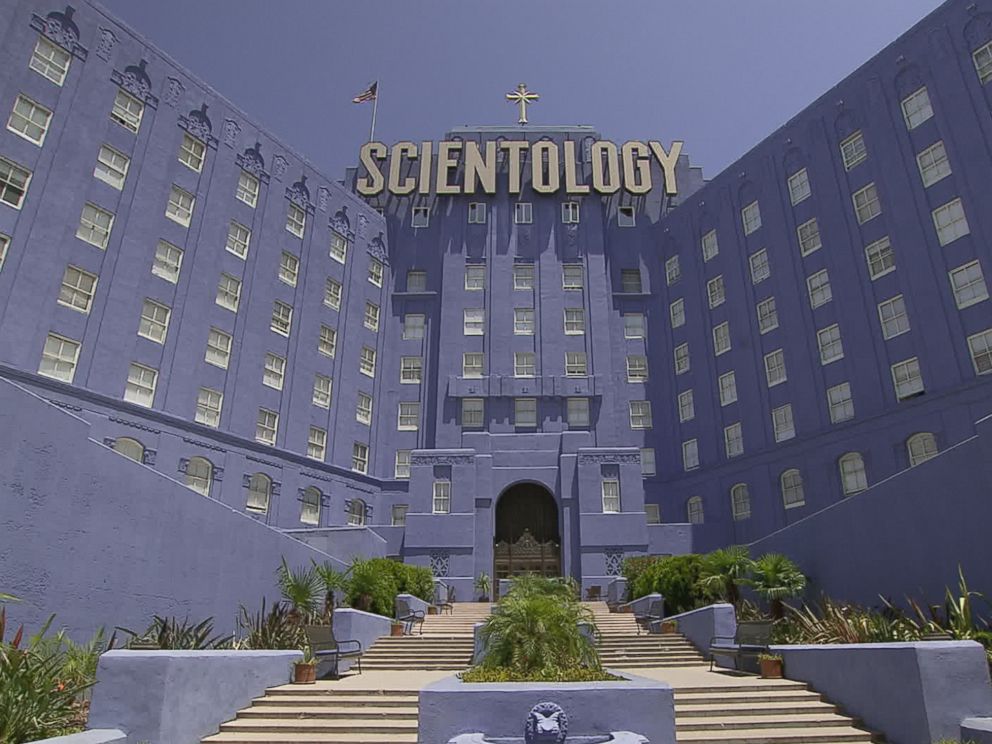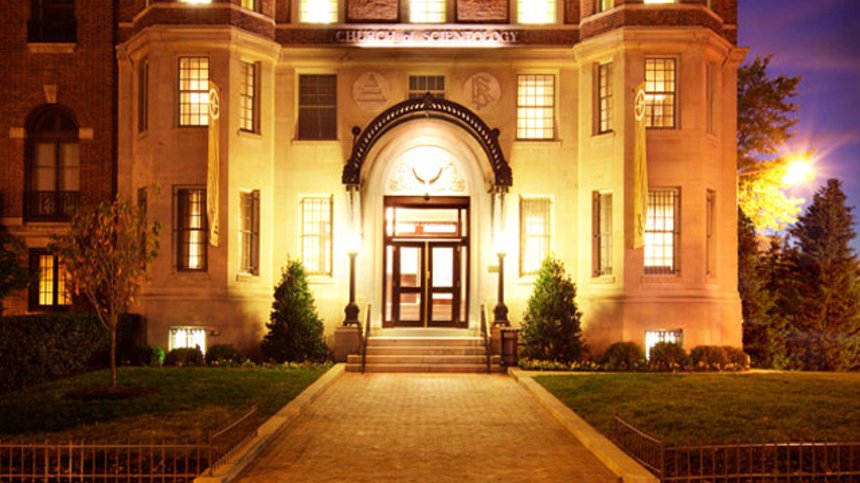Scientology Johannesburg: Uncovering a Path to Knowledge and Satisfaction
Scientology Johannesburg: Uncovering a Path to Knowledge and Satisfaction
Blog Article
The Fact About the Church of Scientology Revealed
The Church of Scientology has long been a subject of both fascination and controversy, with its beginnings dating back to the mid-20th century. As we start to unwind the fact regarding the Church of Scientology, a more clear picture arises, disclosing a story that is as interesting as it is contentious.
Beginnings and Starting
The Church of Scientology was founded in 1954 by scientific research fiction writer L. Ron Hubbard. Hubbard at first established a self-help system called Dianetics, which later on developed right into what is now called Scientology. The origins of Scientology trace back to Hubbard's dissatisfaction with conventional psychiatric therapy techniques and his belief in the potential for individuals to get over previous injuries and accomplish spiritual knowledge.
Hubbard's teachings focused around the idea of thetans, never-ceasing spiritual beings offer in all individuals, and the technique of auditing, a form of counseling targeted at uncovering and addressing past traumas (Scientology South Africa). These concepts created the structure of Scientology, which Hubbard defined as a religion that supplied a course to self-discovery and individual development
The Church of Scientology swiftly obtained followers, with Hubbard establishing the very first main Church of Scientology in Los Angeles. Throughout the years, the organization expanded worldwide, bring in both devoted followers and critics who raised worries concerning its practices and ideas. Regardless of controversies surrounding its practices and beginnings, Scientology remains to be a substantial religious activity with a visibility in different nations all over the world.

Ideas and Practices
With a concentrate on spiritual enlightenment and individual growth, Scientology's methods and ideas revolve around achieving and uncovering previous traumas self-discovery with the principle of thetans and the technique of bookkeeping. Thetans, according to Scientology teaching, are immortal souls that exist within each individual. These thetans have lived through countless past lives and have collected negative experiences known as engrams that impede spiritual development. Via a process called auditing, Scientologists aim to address and eliminate these engrams to acquire a state of clear, devoid of the negative effects of past injury.
Bookkeeping entails an one-on-one session in between a trained auditor and a Scientologist. Throughout these sessions, the auditor guides the individual via a series of exercises and inquiries created to aid them challenge and solve their past injuries. By doing so, Scientologists believe they can achieve spiritual enlightenment, improve personal growth, and reach their complete possibility as souls. The method of auditing is central to the ideas and practices of Scientology, highlighting self-discovery and the quest of a greater state of presence.
Disputes and Criticisms
Amidst public examination and discussion, the Church of Scientology has actually dealt with a wide range of objections and conflicts concerning its techniques and impact on culture. One considerable point of contention rotates around the company's claimed financial practices, with complaints of inflated charges for solutions and hostile fundraising strategies - Scientology Johannesburg. Critics have actually also increased issues about the Church's strict hierarchical framework, which some previous participants assert promotes a culture of control and adjustment
Moreover, the Church of Scientology has actually undergone widespread criticism for its therapy of members, including claims of compelled labor, mental misuse, and the practice of interference, where members are motivated to sever connections with family members and buddies vital of the Church. These techniques have actually resulted in numerous lawful obstacles and investigations in multiple nations, casting a useful source darkness over the Church's credibility.
Moreover, the Church's aggressive legal methods against doubters and media electrical outlets have sparked debates about free speech and the restrictions of religious defense. These controversies have significantly shaped public assumption of the Church of Scientology and remain to fuel recurring arguments concerning its legitimacy and effect on culture.
Management and Framework
Just how does the management framework of the Church of Scientology influence its operations and decision-making processes? The Church of Scientology is known for its hierarchical management model, which is centralized around the authority of its leader, presently David Miscavige.
At the local degree, Scientology runs via specific churches and goals, each with its very own collection of leaders liable for supervising procedures within their corresponding locations. These leaders are charged with helpful site executing the directives stated by the central leadership while additionally resolving the particular requirements of their congregations.
While this ordered structure can make certain and streamline procedures adherence to the church's teachings, it has likewise run the gauntlet for prospective misuses of power and lack of openness. Comprehending the management and framework of the Church of Scientology is essential in understanding just how the organization features and the characteristics at play within its ranks.
Impact and Effect
What considerable results does the leadership structure of the Church of Scientology carry its members and outside stakeholders? The hierarchical leadership framework within the Church of Scientology puts in an extensive influence on its participants and exterior stakeholders. Members are often subjected to rigorous control and surveillance, with substantial stress to adjust to the methods and beliefs determined by the management. This can result in a loss of personal autonomy and vital thinking skills, as people are expected to unquestioningly adhere to the directives stated by the organization's leaders (Church of Scientology).
Externally, the Church of Scientology's leadership framework can have a polarizing result on stakeholders. Generally, the management framework of the Church of Scientology plays a significant function in forming the experiences and assumptions of both members and exterior stakeholders.
Conclusion

The Church of Scientology swiftly got followers, with Hubbard establishing the initial main Church of Scientology in Los Angeles.Amidst public analysis click here for info and dispute, the Church of Scientology has actually faced a multitude of conflicts and criticisms regarding its techniques and effect on society.What considerable results does the leadership structure of the Church of Scientology have on its members and external stakeholders? The ordered management structure within the Church of Scientology exerts an extensive impact on its participants and outside stakeholders. On the whole, the management structure of the Church of Scientology plays a substantial function in shaping the experiences and perceptions of both participants and external stakeholders.
Report this page